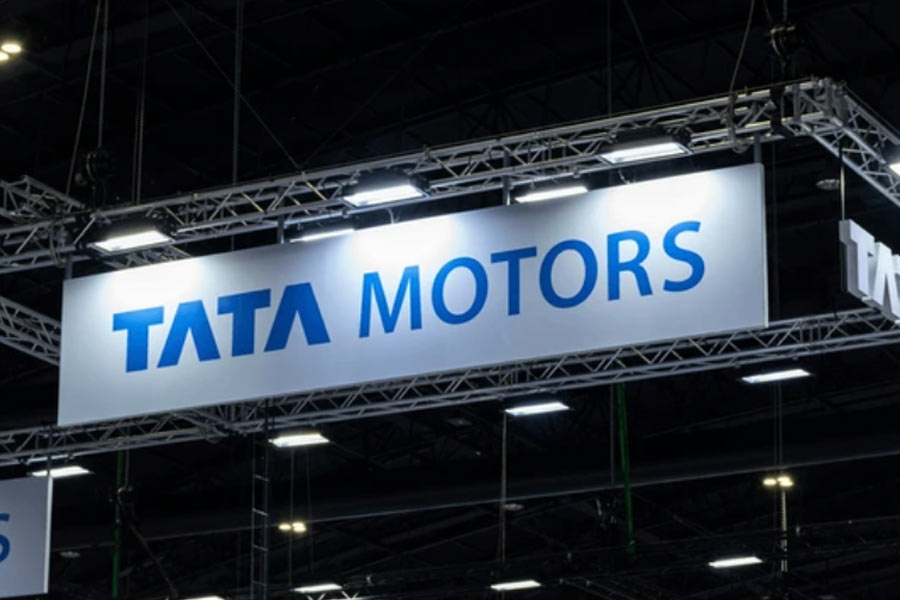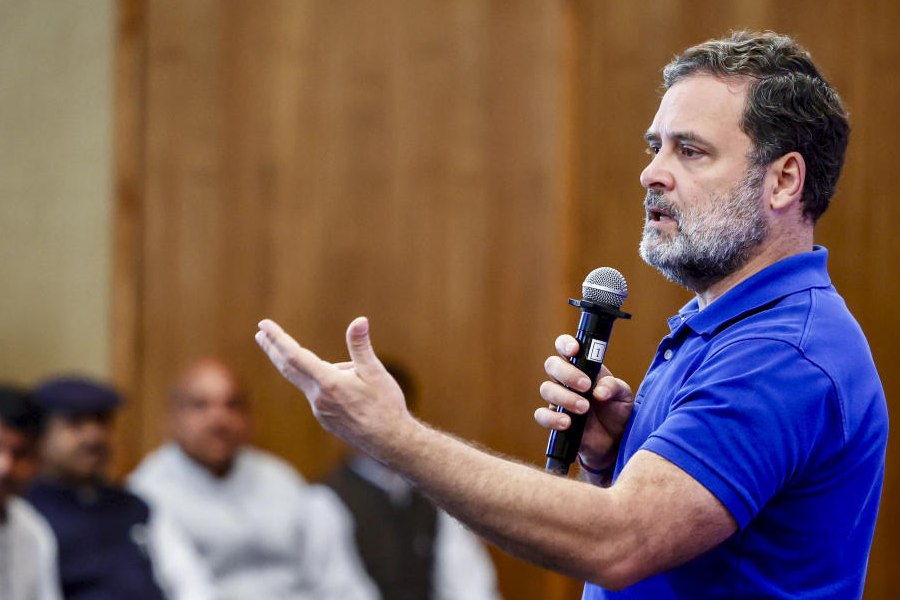Tata Motors is looking at achieving price parity with the Chinese EV makers as it aims to compete against them across global markets, a senior company official said on Tuesday.
Speaking at the 'FT Live Energy Transition Summit India', Tata Motors MD, Passenger Vehicles Electric Mobility, Shailesh Chandra noted that the company is going to go global with its EV portfolio and will have to compete with Chinese automakers.
The Chinese players with access to a robust ecosystem are definitely at an advantage when it comes to the cost structure, because of the scale, because of all the kinds of benefits that are given to the entire value chain of the electric vehicle ecosystem to make them cost competitive, he noted.
"Right now, as far as we are concerned, we are completely focusing on that possibility and scenario, which is very real, and we are already competing with some of them in some manner. We are very confident that at least in the next 1-1.5 years, we will be, from a landed cost perspective, taking the logistics and duties of 15 per cent or so, pretty much on cost parity with the Chinese manufacturers," Chandra stated.
Chandra stated that effort needs to be there for enhanced localisation and become self reliant.
"Whether we talk about semiconductors, whether we talk about through all the components and subsystems..I think we are preparing ourselves to take that leap of faith as well as effort, because if we have to go global, we have to face, in any case, the Chinese players," he added.
He further said: "So right now, we might be behind in terms of cost competitiveness versus the Chinese because of all the benefits of the ecosystem in China, but we are fast preparing ourselves to be globally competitive, given that our aspirations is to go global.
Tata Motors sells a range of passenger electric vehicles in the domestic market.
He noted that with support from the government in terms of stable policies and new product launches, electric vehicle penetration has risen to 5 per cent in the country.
"I must mention that what has really helped in sustaining this growth is the policy stability by the government in terms of giving incentives in the form of lower GST or low tax benefit. State governments also came with incentives. I think all this has gone behind, you know, significantly increasing the sales of electric cars," Chandra stated.
Last month, Tata Motors retailed 7,111 electric cars, a growth of 62 per cent over 4,392 units in August last year. Total electric PV sales rose to 17, 393 units last month, as compared with 6,791 units in the year-ago period.










